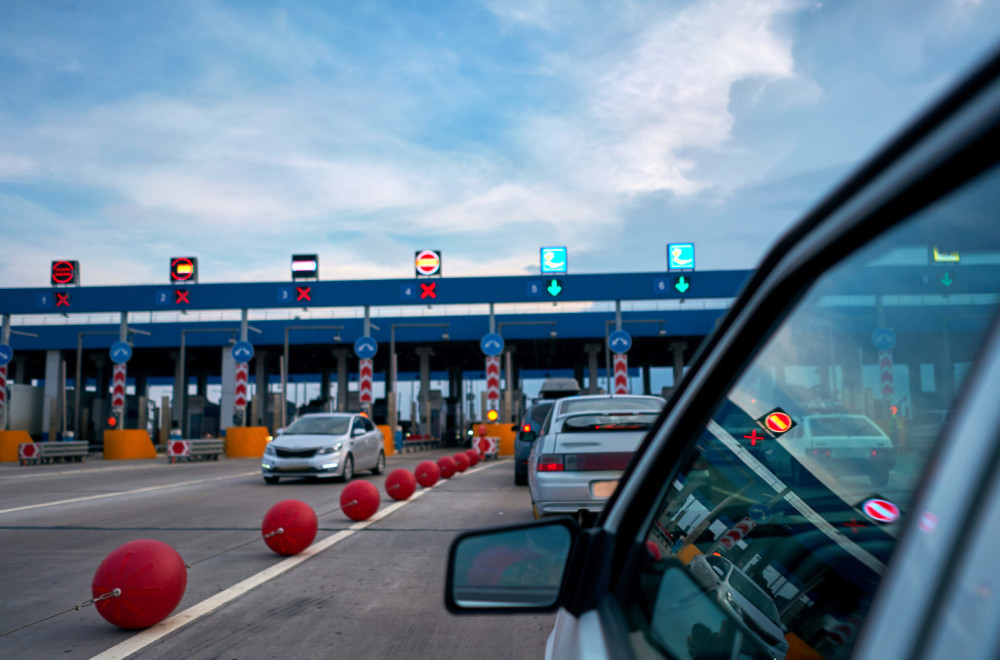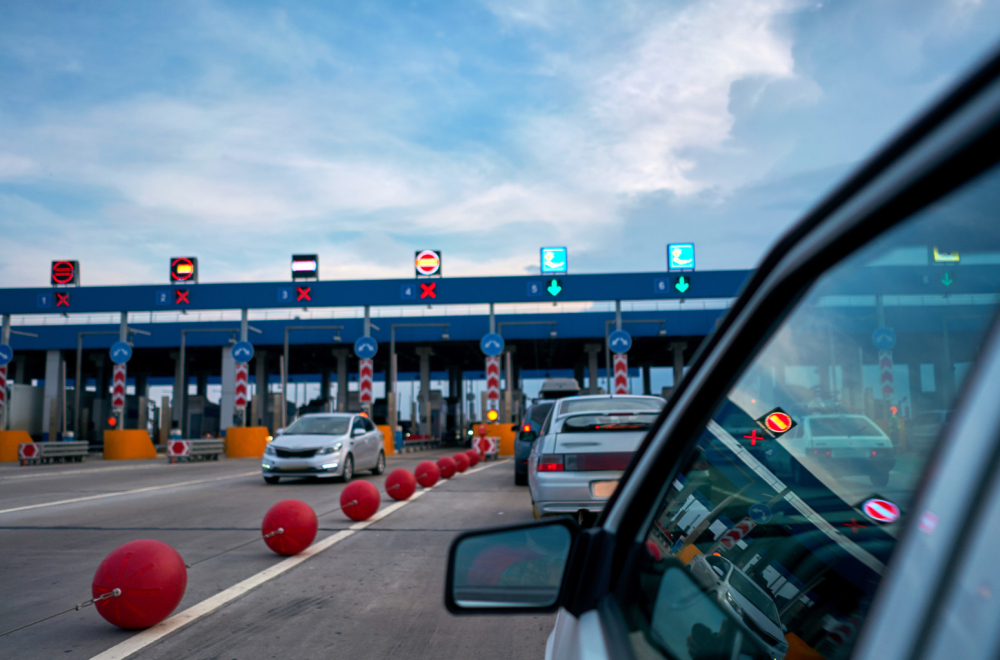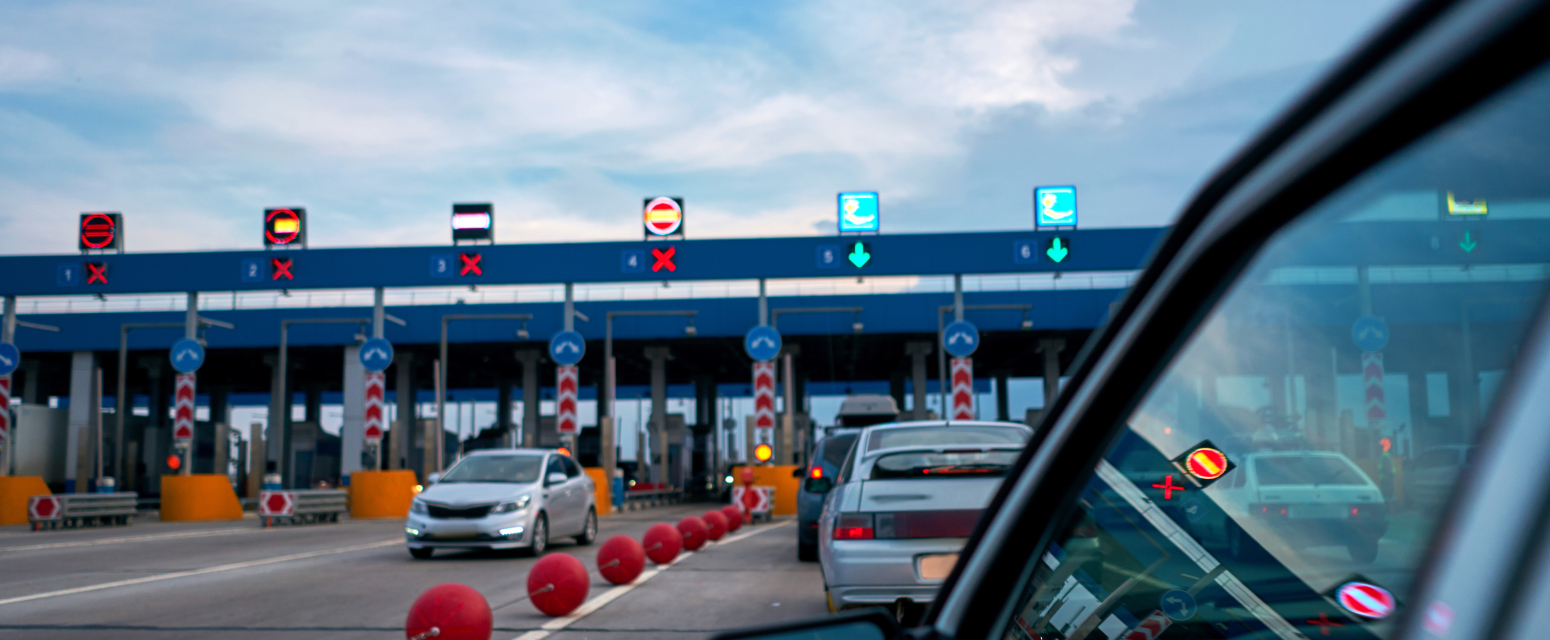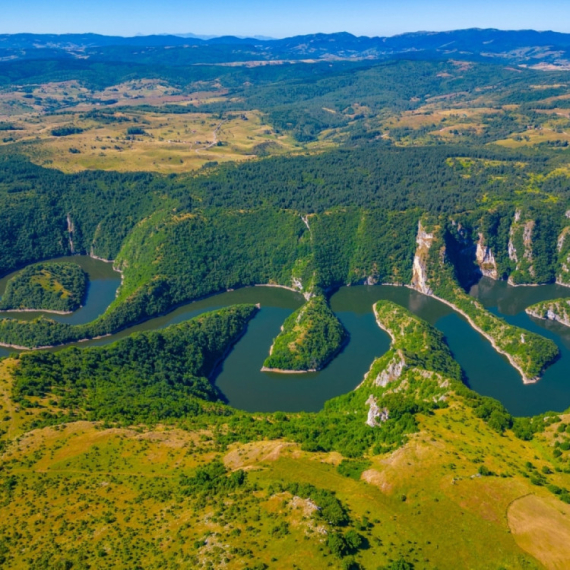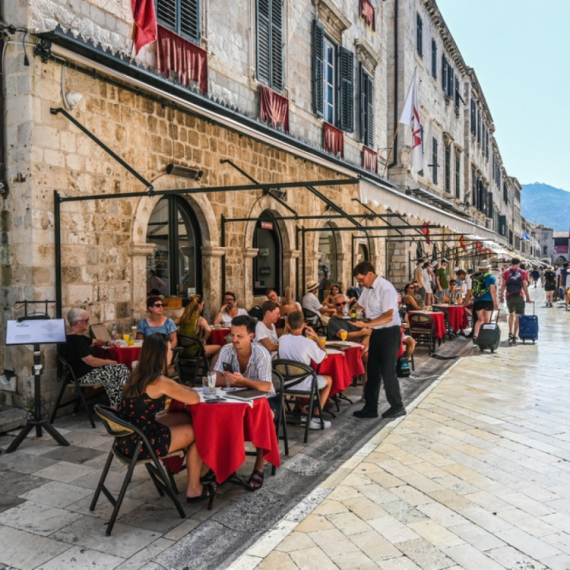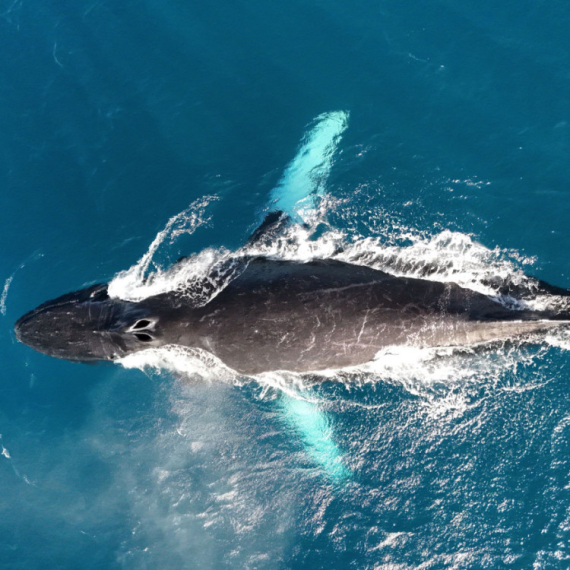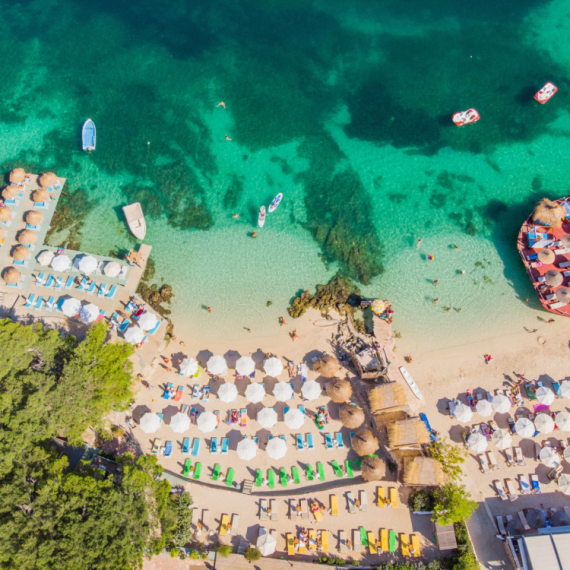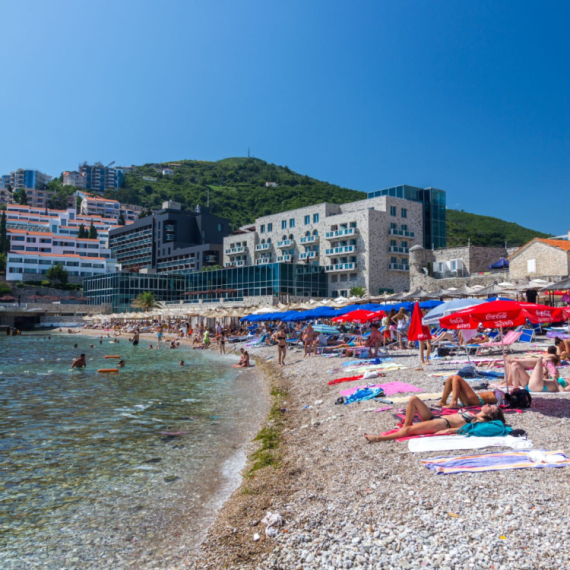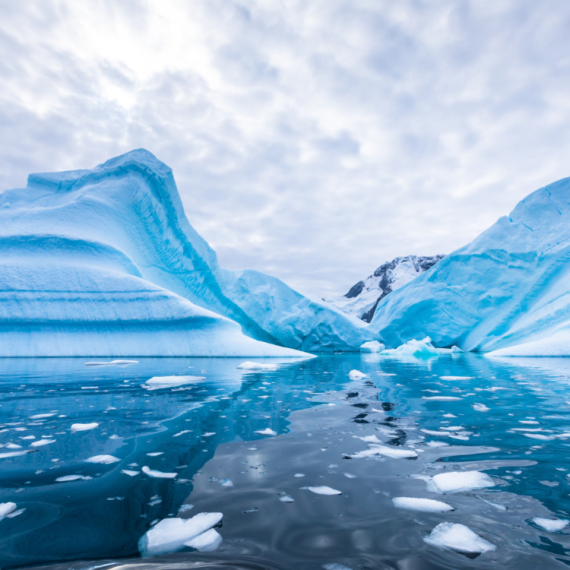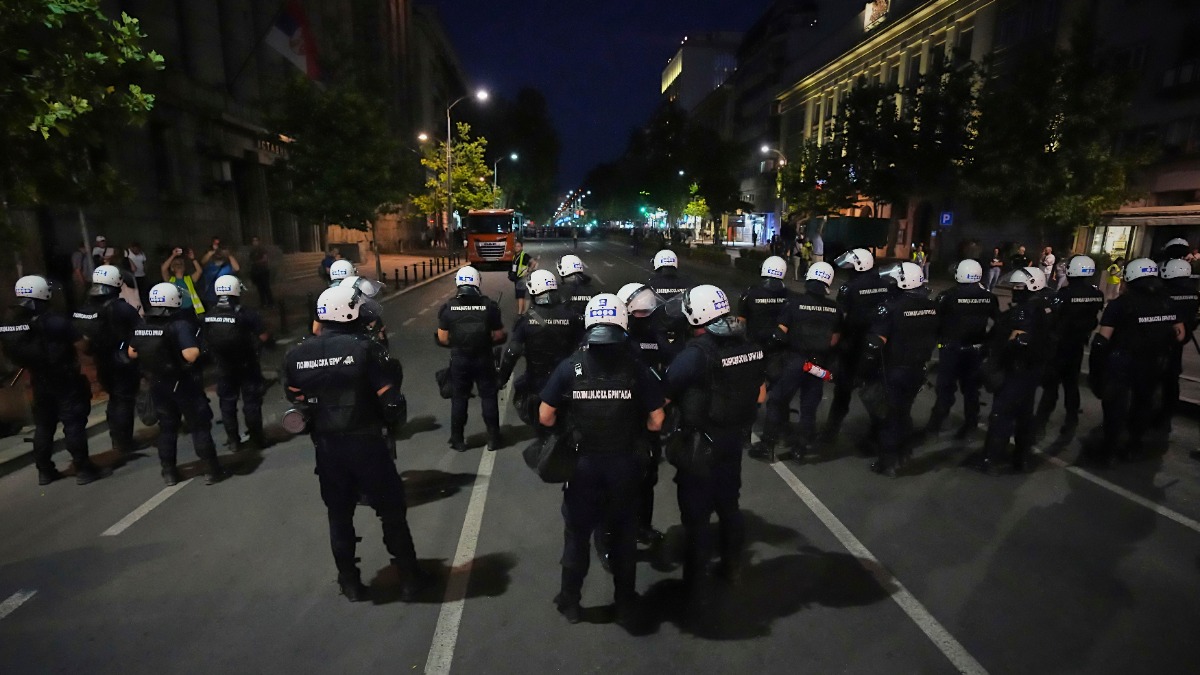Imagine this: Serbia, a country already struggling with the fallout of global crises, is now on the brink of an energy disaster! US sanctions on Serbia’s oil industry, specifically the company NIS, have been postponed for the fourth time, but that doesn’t mean the danger is gone. NIS, with about 56% of its shares owned by the Russian company Gazpromneft and around 30% controlled by the Serbian state, is caught in a geopolitical whirlwind threatening the country’s fuel supply stability.
The sanctions imposed by the US Treasury Department on Russian energy giants, including Gazpromneft, aim to cut Moscow’s revenues that finance the war in Ukraine. While Serbia has managed to avoid direct sanctions on Russia, the pressure on NIS casts a shadow over the domestic market for petroleum products.
What does this mean for the average citizen? Possible fuel shortages, rising prices, and economic instability. NIS controls about 80% of Serbia’s fuel market, and the state has strategic reserves for only two months. After that, if sanctions persist, complete chaos could ensue.
Diplomatic battles between Belgrade, Washington, and Moscow continue, with Serbia ready to buy out the Russian share of NIS, but how and from whom remains unclear. US Ambassador Christopher Hill has openly criticized the Russian owners of NIS, accusing them of using part of the profits to finance brutal aggression in Ukraine and destabilize the Balkans.
Oil mainly arrives in Serbia via the Croatian oil pipeline JANAF, which is also under sanction pressure. The Croatian government is actively negotiating with US authorities to maintain regional energy security, but the situation is tense.
Experts warn that long-term sanctions could seriously harm Serbia’s economy, increase inflation, and discourage foreign investment. While consequences like those in the 1990s are not expected yet, the risk is real.
In short, Serbia is walking a tightrope between energy stability and potential crisis. While politicians play their games, ordinary people should brace for possible challenges. So, what do you think — will Serbia dodge the energy disaster, or are blackouts and long lines at gas stations looming? Drop a comment, let’s see who’s optimistic and who’s already stocking up on jerry cans!







